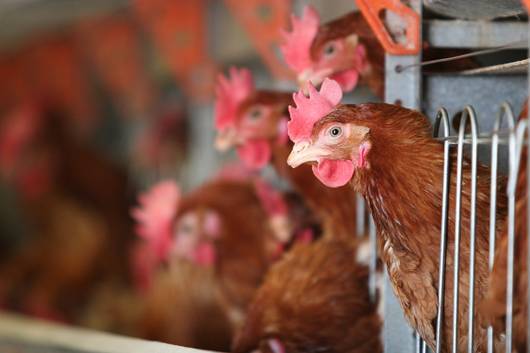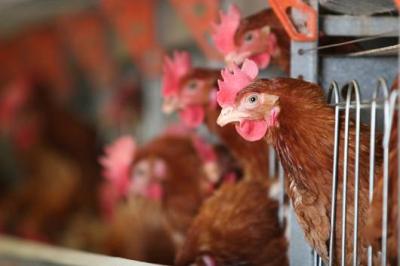Brazil, the world's largest chicken exporter, has confirmed for the first time the detection of cases of highly contagious bird flu. The Ministry of Agriculture stated that two cases were discovered among wild birds, which should not lead to a ban on Brazilian poultry imports, according to guidelines issued by the World Organization for Animal Health.
The Brazilian government confirmed the detection of the H5N1 strain of the influenza virus in two migratory birds off the coast of Espírito Santo state in southeastern Brazil. The main poultry-producing states in Brazil are located in the far south and the central-west region.
The Ministry of Agriculture noted that due to the detection of the cases in wild birds, Brazil's status as a "country free of highly pathogenic avian influenza" has not been affected. Miguel Gulart, the executive director of BRF, Brazil's largest chicken exporting company, mentioned in a press conference that he was not surprised by the cases of bird flu and added that the company is prepared for any eventuality.
The bird flu virus can kill entire flocks and cause significant losses to the agricultural sector. Brazil's chicken exports rose by 27 percent last year to $9.76 billion, as other countries struggled with the global outbreak of the virus; however, Brazil had not recorded any cases until now.
Although humans can contract the H5N1 strain, cases remain very rare, and global health officials have stated that the risk of person-to-person transmission is low. The World Organization for Animal Health reiterated its recommendations that no member should impose an import ban due to the cases detected in wild animals.
The main importers of poultry products from Brazil in April included China, Japan, South Africa, and Saudi Arabia. China had banned poultry imports from about 40 U.S. states due to an outbreak of bird flu in commercial poultry farms.
Argentina, Brazil's neighbor, suspended its poultry exports in late February after recording its first case of bird flu in the poultry sector in the Río Negro region in the south of the country, but it resumed exports from bird flu-free areas in late March.
A record number of chickens, turkeys, and other birds have died in outbreaks of the disease in the United States, Europe, and the UK, and the virus is spreading in South America, Africa, and Asia. The poultry losses have contributed to record increases in the prices of eggs and turkey meat in certain regions.




